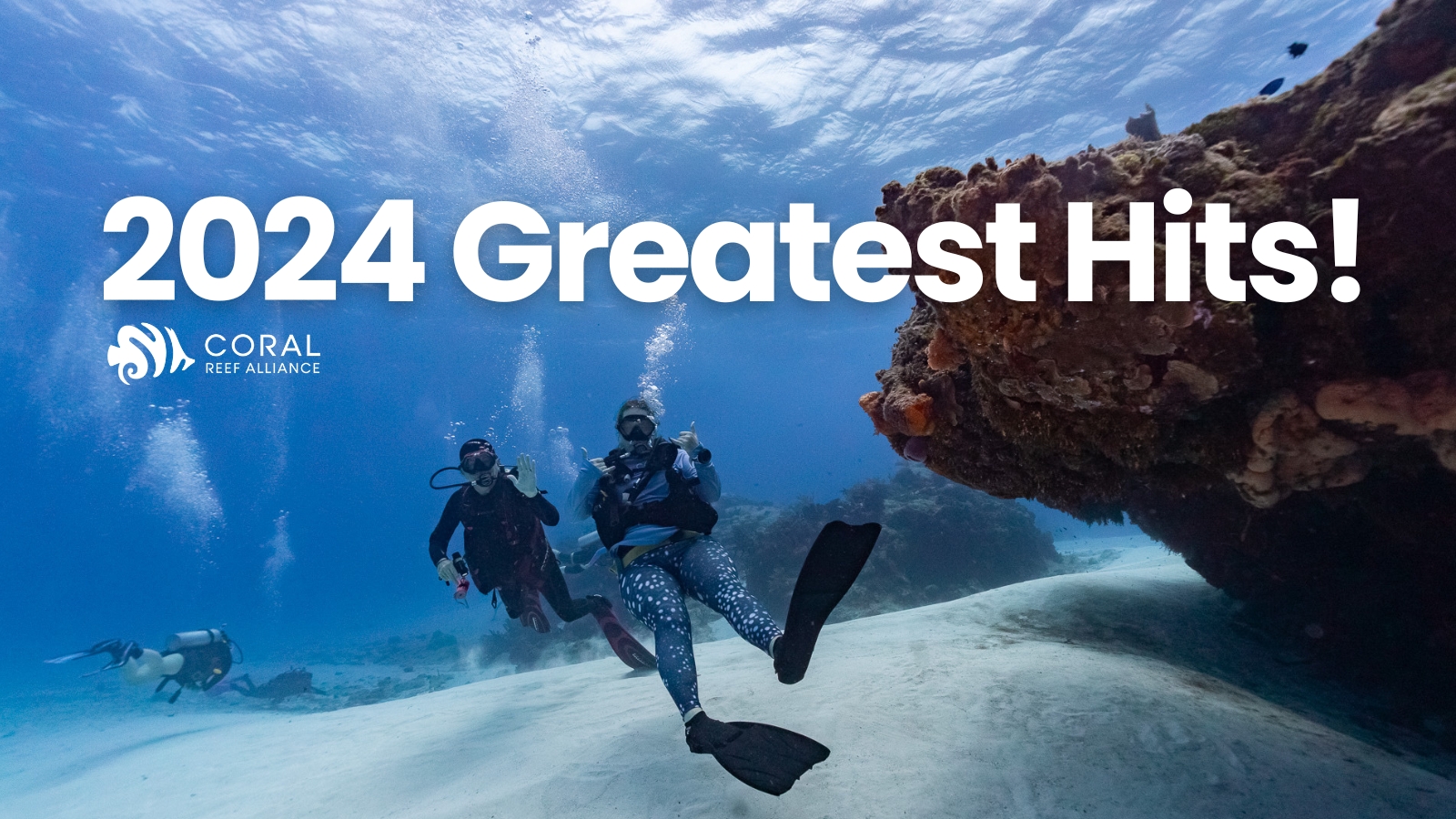2024 has been a remarkable year for coral reef conservation, with educational, informational, and inspirational stories taking center stage. Because of people like YOU, we’re able to bring these stories to life and make a profound impact on coral reefs around the world, as well as the communities that depend on them.
Below are our favorite stories of 2024, showcasing the power of healthy coral reefs, collective action, and hope for our oceans. Let’s dive in!
2024 Highlights

Assessing Coral Reefs through Adaptation Science
Adapting to climate change is vital for coral reef survival, and this article delves into the cutting-edge science behind coral adaptation. Learn how researchers assess reef resilience, predict future changes, and develop strategies to help reefs thrive under challenging conditions. By connecting scientific innovation with conservation action, the article highlights how adaptation science is shaping the future of reef preservation.
Discover how science is influencing efforts to help coral reefs to adapt and thrive. Read more >

5 Surprising Ways Coral Reefs Are Connected to Our Daily Lives
Coral reefs aren’t just underwater marvels—they play a vital role in our everyday lives, often in ways we don’t realize. This article uncovers five unexpected connections between coral reefs and human activities, from protecting coastlines to supporting livelihoods and even contributing to medical breakthroughs. Each link highlights the critical importance of reefs to our planet’s health and our own well-being.
Discover how coral reefs shape our world. Read more >
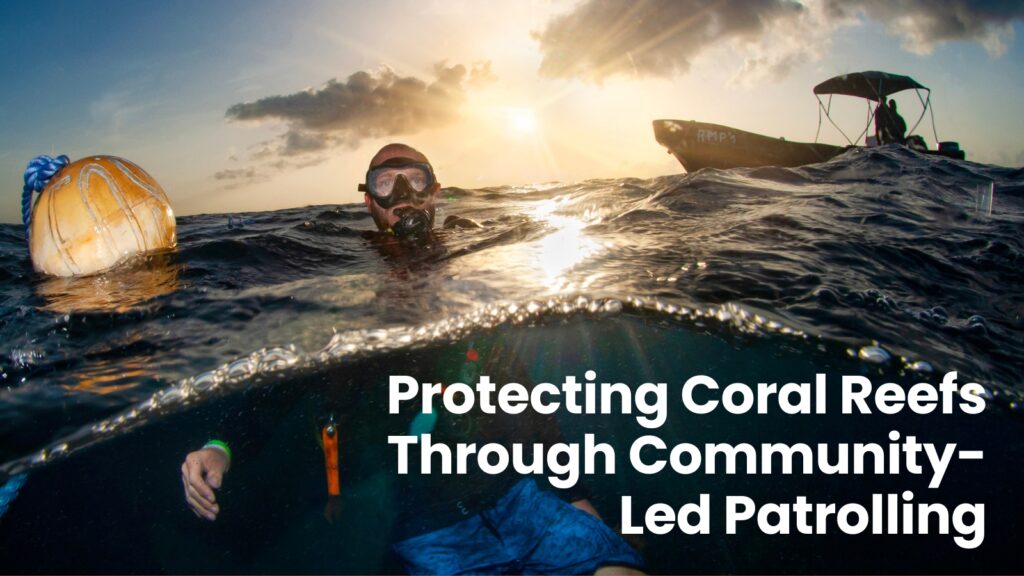
Protecting Coral Reefs Through Community-Led Patrolling
Community-led patrolling is an effective approach to coral reef conservation. This article highlights the success of local communities taking charge of protecting their reefs by monitoring fishing activities, preventing illegal practices, and fostering a sense of stewardship. By working together, these communities are ensuring coral ecosystems are protected for future generations. The article emphasizes how supporting local groups can lead to stronger, more sustainable conservation efforts.
Learn how community-led initiatives are making a difference in coral reef protection. Read more >
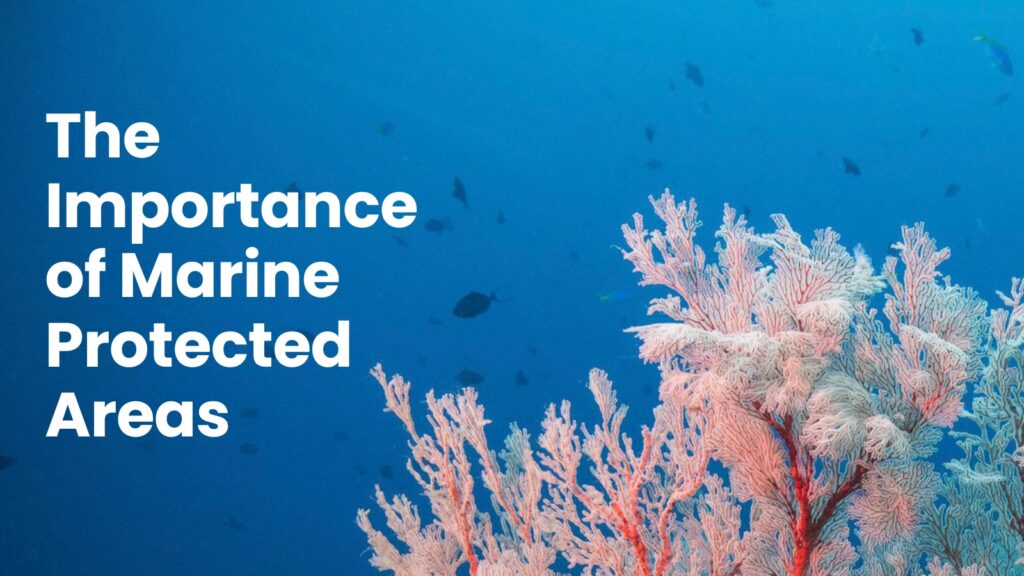
The Importance of Marine Protected Areas
Marine Protected Areas (MPAs) are vital to the health of coral reefs and marine ecosystems. This article dives into how MPAs provide a safe haven for marine life, strengthen biodiversity, and enhance reef resilience against threats like climate change. With real-world examples of MPAs in action, the article underscores why expanding and supporting these protected areas is crucial for our planet’s future.
Learn how MPAs make a difference and what you can do to support them. Read More >

Restoring Coral Reefs Through Clean Water and Sustainable Fisheries
Restoring coral reefs requires more than just addressing immediate threats—it involves long-term solutions that promote environmental health. This article explores how improving water quality and implementing sustainable fisheries practices can create a healthier habitat for coral reefs. Learn about the importance of clean, nutrient-balanced waters and the role of responsible fishing practices in maintaining reef ecosystems, offering practical steps for communities and stakeholders to ensure coral resilience.
Learn how clean water and sustainable fisheries are key to coral reef restoration. Read more >

Why Clean Water is Vital for the Future of Our Oceans
Clean water is the foundation of healthy marine ecosystems, coral reefs included. This article explores how water quality impacts coral reef resilience, from nutrient balance to pollution control. It highlights the urgent need for local and global action to reduce pollutants and ensure clean water flows into our oceans, restoring coral reefs and securing a healthy future for marine life.
Learn why clean water is essential for ocean health and how you can help protect it. Read more >
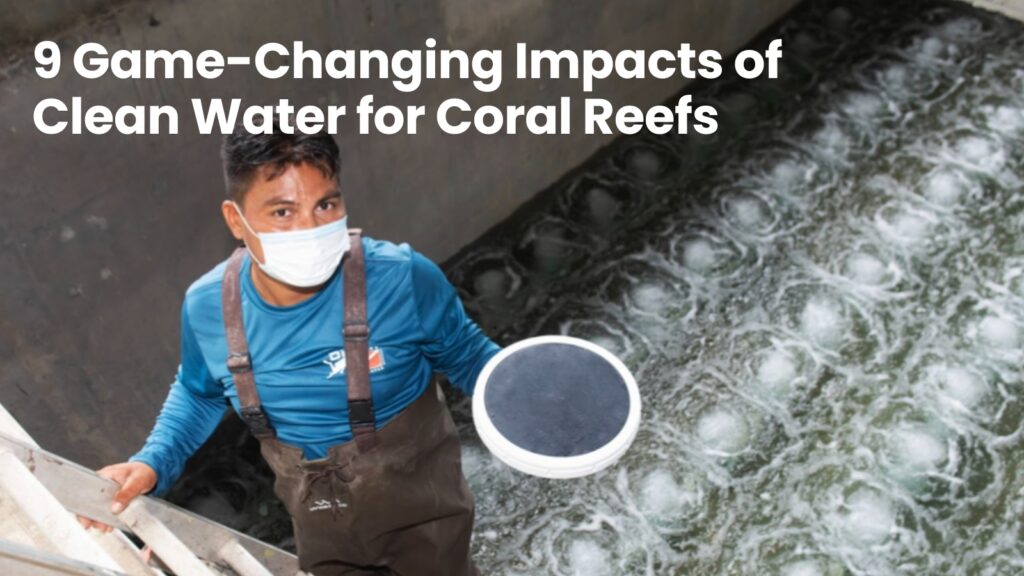
9 Game-Changing Impacts of Clean Water for Coral Reefs
Talk about low-hanging fruit. Proper wastewater treatment plays a crucial role in protecting coral reefs from harmful pollutants. This article highlights nine powerful ways improving wastewater systems can help coral reefs thrive, from reducing nutrient pollution to restoring water quality in critical reef habitats. By tackling the sources of excess nutrients and toxins, these solutions contribute to healthier ecosystems, supporting both marine life and local communities.
Discover how clean water is transforming coral reef conservation. Read more >
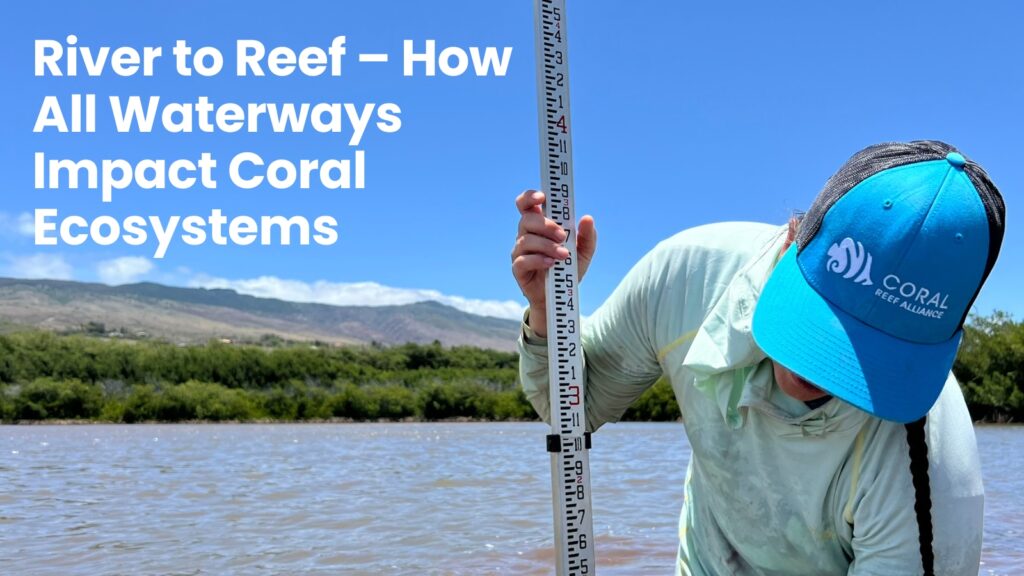
River to Reef – How All Waterways Impact Coral Ecosystems
Every drop of water eventually flows to the ocean, and what it carries has a direct impact on coral reefs. This article unpacks the critical connection between rivers, watersheds, and marine ecosystems, highlighting how upstream activities influence reef health. From reducing agricultural runoff to managing stormwater, the article provides actionable insights into protecting coral ecosystems from land-based threats.
Explore the intricate links between waterways and coral reefs. Read more >

The Community Resilience Fund in Action
The Community Resilience Fund is a powerful initiative that supports local communities in their efforts to protect coral reefs from the compounded threats of climate change and human activity. This article showcases how the fund is making an impact by funding projects that build long-term resilience, from sustainable fisheries to ecosystem restoration.
Learn how the Community Resilience Fund is helping strengthen coastal communities in the face of climate change. Read more >
See Also: Reflections and Resilience – A Year After the Lahaina Wildfires >
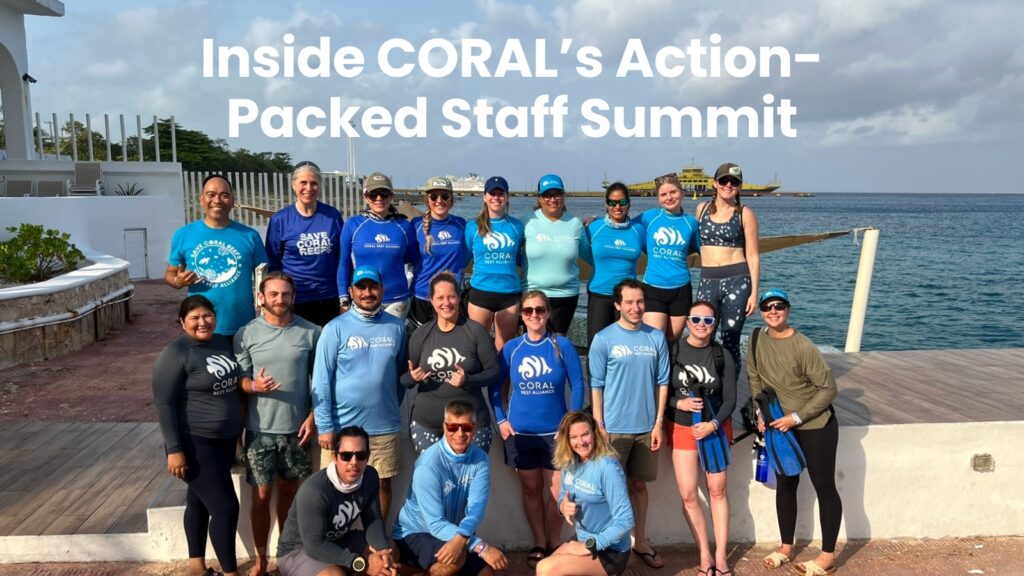
Inside CORAL’s Action-Packed Staff Summit
What happens when the passionate team behind coral reef conservation comes together? This article takes you inside CORAL’s staff summit, a dynamic gathering filled with collaboration, strategy-building, and inspiration. From fieldwork updates to future plans, the summit highlights the power of teamwork in advancing coral reef protection. It’s a behind-the-scenes look at how CORAL’s dedicated staff drives meaningful change for our oceans.
Get an insider’s view of this transformative event. Read more >
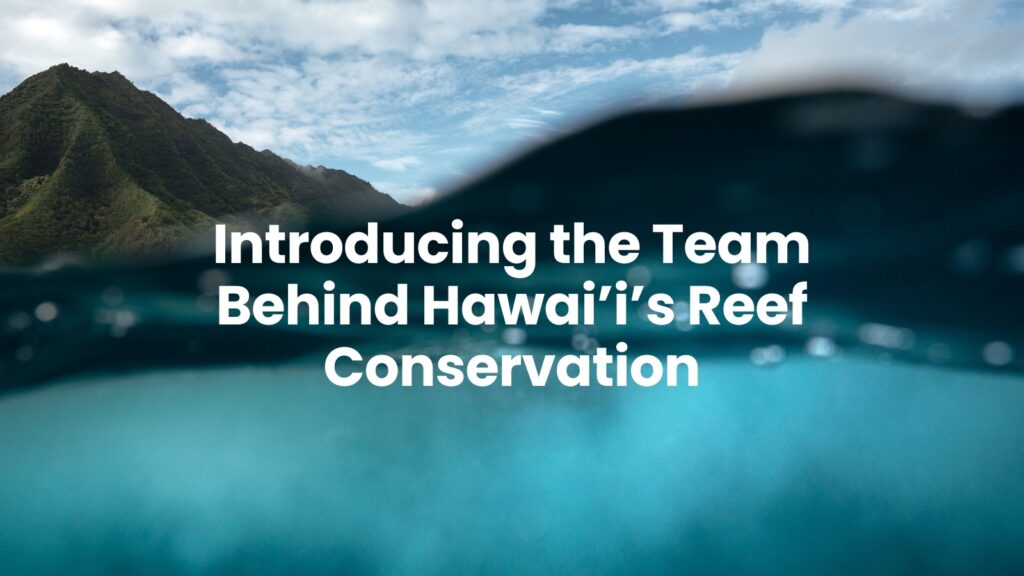
Introducing the Team Behind Hawai’i’s Reef Conservation
What happens when the passionate team behind coral reef conservation comes together? This article takes you inside CORAL’s staff summit, a dynamic gathering filled with collaboration, strategy-building, and inspiration. From fieldwork updates to future plans, the summit highlights the power of teamwork in advancing coral reef protection. It’s a behind-the-scenes look at how CORAL’s dedicated staff drives meaningful change for our oceans.
Get an insider’s view of this transformative event. Read more >

Corals Decoded: Animals or Plants? Common Myths Debunked
Are corals animals, plants, or something in between? This article dives into the fascinating biology of corals, debunking common myths and revealing their true nature. From their symbiotic partnerships with algae to their vital role in marine ecosystems, you’ll gain a new appreciation for these remarkable organisms.
Discover the surprising truths about corals and their significance to ocean life. Read More >
Cheers to Healthier Reefs the New Year
As we turn the page on 2024, these stories remind us of the interconnectedness of our world. Coral reefs are not just beautiful ecosystems; they are vital to the health of our planet. By amplifying community voices, harnessing innovative technologies, and fostering global collaboration, the Coral Reef Alliance is paving the way for a brighter future.
Let’s carry forward the momentum of this year into the next, taking inspiration from these incredible achievements to continue championing coral reef conservation. Together, we can make a difference—one reef, one community, one story at a time.

